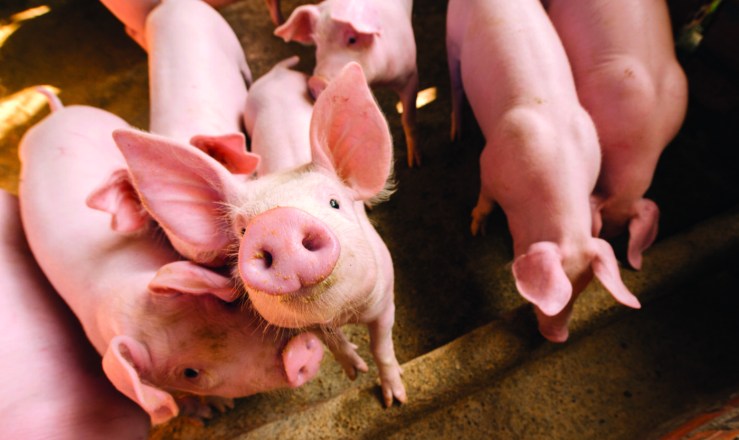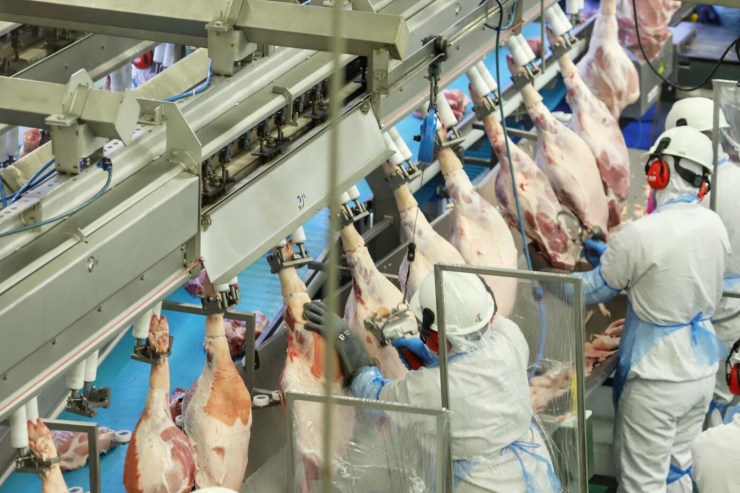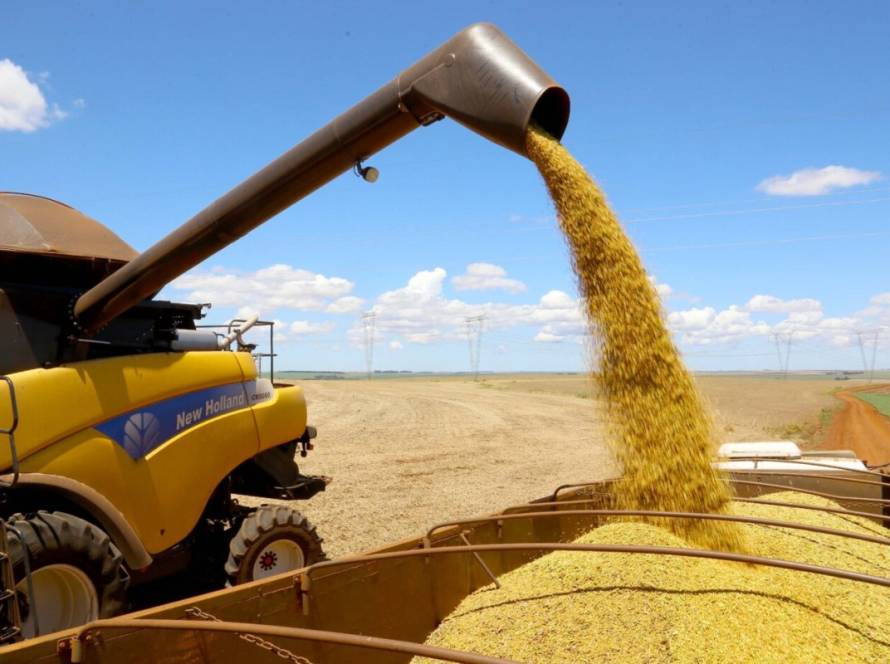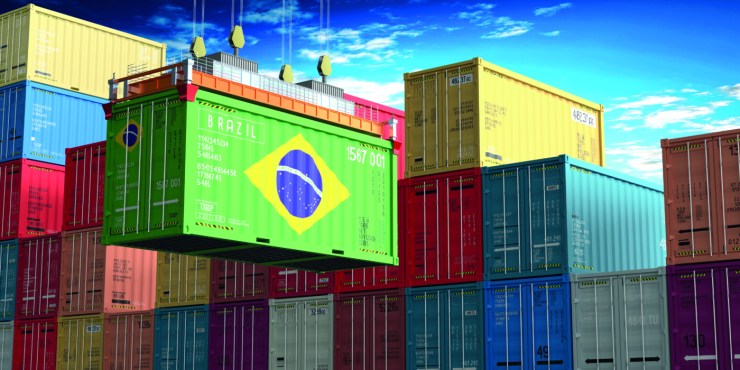JBS shipped its first shipment of beef to Vietnam this Saturday (5), with 27 tons processed at the Friboi unit in Mozarlândia (GO), recently authorized to export to the Asian country. The ceremony that marked the first shipment of Brazilian meat to Vietnam, held in Rio de Janeiro, was attended by Vietnamese Prime Minister Phạm Minh Chính and Agriculture Minister Carlos Fávaro.
The opening of the Vietnamese market represents more than just entering a new commercial destination: it is a strategic move by JBS in Asia, a region with growing demand for animal protein and economic prominence. In addition to Mozarlândia, the JBS unit in Goiânia has also received authorization to export to Vietnam.

Photo: Claudio Neves
With a population that already exceeds 101 million inhabitants, according to the General Statistics Office of Vietnam (GSO), and Gross Domestic Product (GDP) growth estimated at 7.6% in the second quarter of this year compared to the same period in 2024, the country is consolidating itself as one of the most promising markets in Southeast Asia for animal proteins.
In a speech during the event, JBS’s Executive Director of Corporate Affairs, Marcela Rocha, highlighted the importance of Vietnam’s opening to Brazil: “Being present in this market is positive for the entire national agribusiness chain: rural producers, industries, suppliers and workers. This is a sector that represents 20% of GDP, generates jobs and drives regional economies.”
In 2024, the Vietnamese imported around 300,000 tons of beef and buffalo meat, with an emphasis on products aimed at domestic consumption by a growing middle class. The scenario of sustained growth and accelerated urbanization should further boost demand in the coming years and positions Brazil as a strategic supplier to serve this market.
JBS was the first Brazilian company in the sector to invest directly in Vietnam. Since 2014, the Company has operated a leather plant in the Dong Nai district, specializing in finishing for the upholstery and footwear sectors. The unit employs over 600 people and just over 60% of its production is destined for the Vietnamese market itself.




